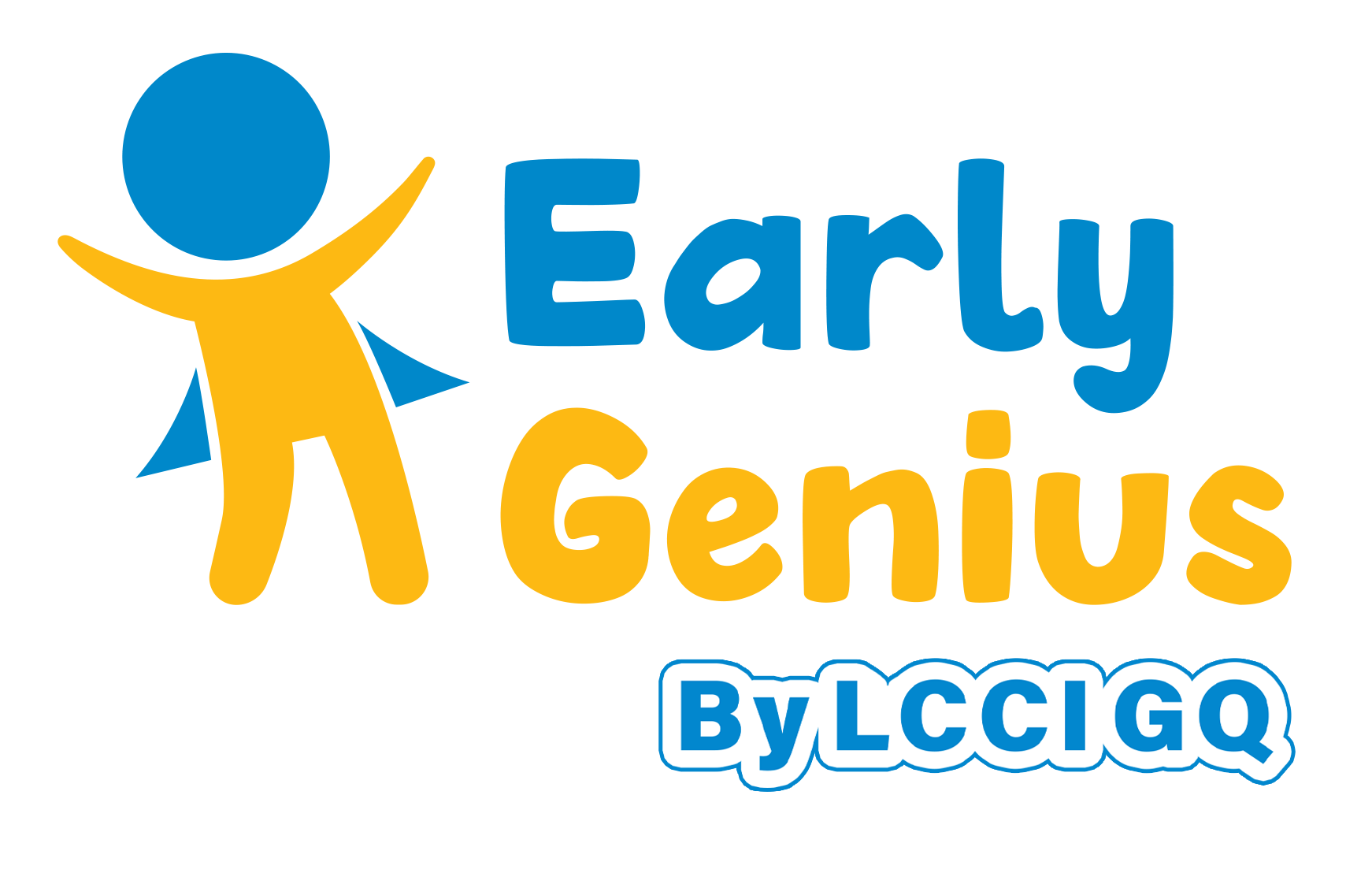
In Nepal, many parents and teachers are beginning to ask: How early should learning begin? The answer is simple—early childhood education is not just about ABCs and 123s. It’s about building the base for everything a child will learn later in life.
Early childhood education in Nepal usually starts between the ages of 2 to 6. These are the years when a child’s brain grows the fastest. During this time, children learn how to:
These small steps are the building blocks of foundational learning.
Before a child enters school, they learn from their parents, grandparents, and surroundings. Simple things like singing a Nepali rhyme, naming vegetables at the market, or celebrating Dashain together help children grow.
Parents don’t need fancy tools—just time, love, and everyday conversations. That’s why early childhood education in Nepal must include both home and school.
In a good early childhood classroom, children explore through play. They build with blocks, draw with crayons, and listen to stories in both Nepali and English. Teachers guide them gently, helping them learn how to focus, follow routines, and express themselves.
This is foundational learning—skills that help children succeed in Grade 1 and beyond.
Children who get strong early learning:
It’s like planting a seed. With care, it grows into a strong tree. Without early support, learning becomes harder later.
Whether you’re a parent in Kathmandu or a teacher in Pokhara, your role is powerful. Every hug, every story, every question you answer helps shape a child’s future.
Let’s work together to make early childhood education in Nepal joyful, simple, and strong. Because when we build the foundation right, everything else stands tall.
10 Nov 2025